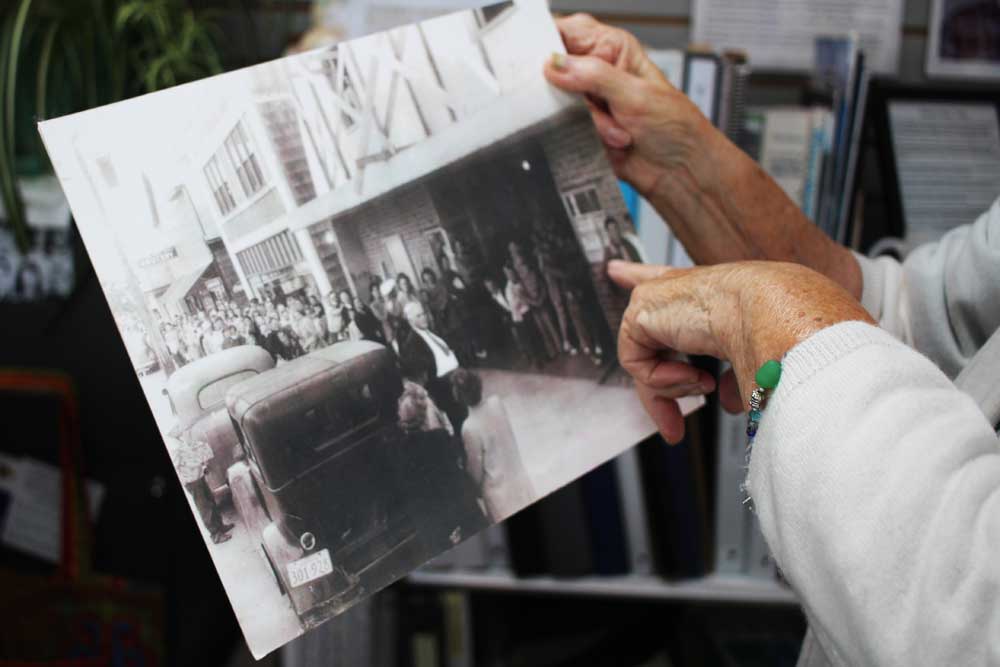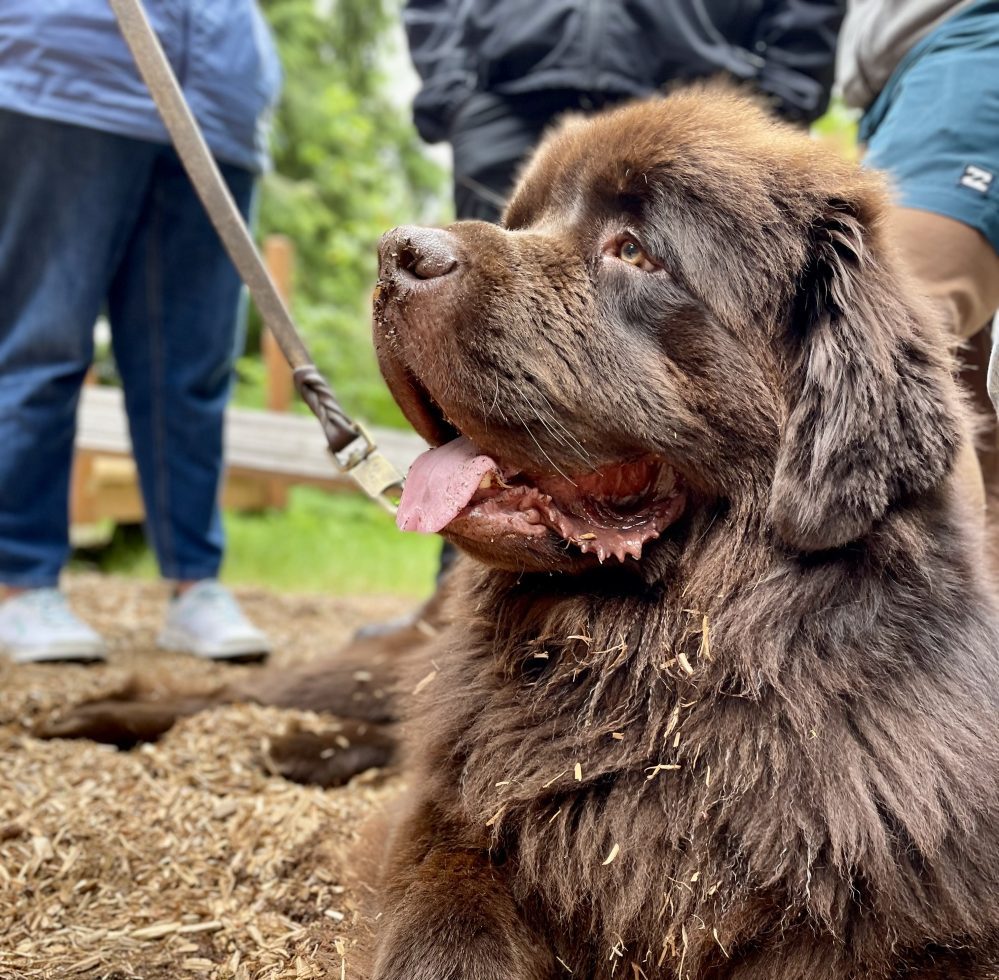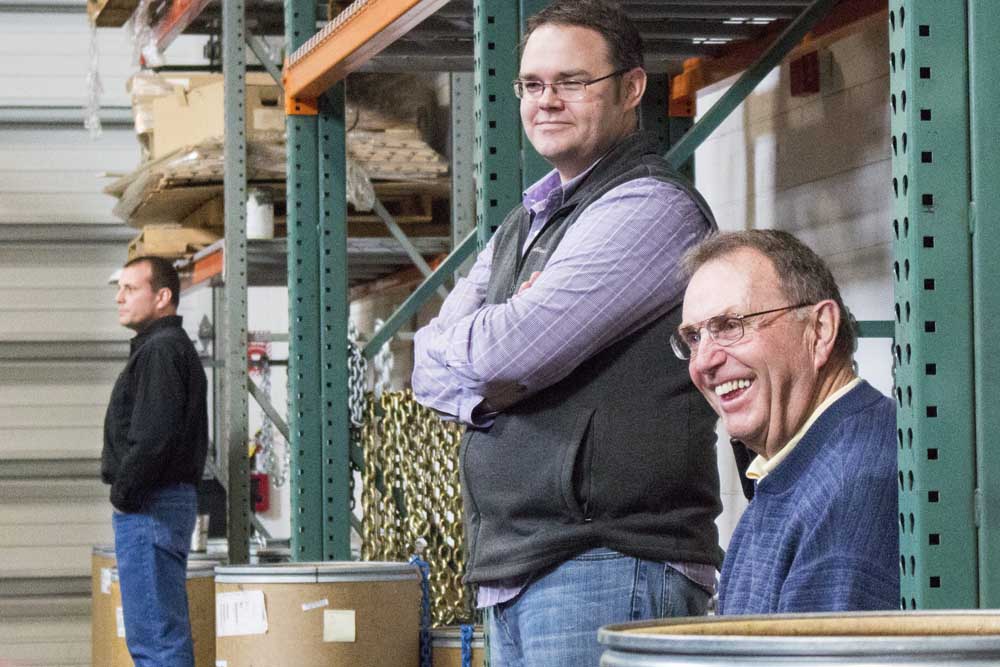Our View: Rich history key to Warrenton’s future
Published 12:30 am Thursday, October 17, 2019

- Diane Collier filled the Warrenton Visitor Center and Museum with a treasure trove of old photos and other mementos from Warrenton and Hammond’s history. One photo depicts the opening of a movie theater on Main Avenue in Warrenton in the 1940s.
Closure last month of the Warrenton Visitor Center and Museum at Youngs Bay Plaza generated a strong response on social media, with well-deserved appreciation lavished on volunteer Diane Collier, who has stepped back from an active role as unofficial city historian.
Trending
“Diane will be missed, she was very instrumental in archiving much of Warrenton/Hammond’s history. Let’s all never forget what she has done and saved,” a fan wrote. Another said, “Thank you, Diane, for a job well done and hope a new museum is opened soon to preserve Warrenton/Hammond history.”
Collier and a small team of other dedicated locals wrapped up operations after the city determined the building had inadequate utilities and that it wouldn’t be cost effective to upgrade and maintain it. It’s clear from reader comments that a good many were unaware there even was a museum tucked into the visitor center, which thousands passed every day but relatively few visited.
Our story noted that tracking the city’s history has tended to be an old person’s game. The historical society disbanded quite some time ago, Collier said, and her corps of volunteers operating the visitor center dwindled to three.
Trending
Lack of interest in history in general, and local history in particular, is a perennial regret among those who better understand its importance. As one reader remarked, “The future and now are fine but the past is where we are from and how the future is formed. What a shame to lose this.”
There’s a decent chance that at least some of the extensive collection can be displayed somewhere downtown. A new repository for all these lovingly assembled photos and other materials would go a great way to avoiding what too often happens in such cases, with archives dispersed or destroyed when the people who assembled them pass away.
Lewis and Clark National Historical Park has a narrow central focus that it does well. But it is no substitute for the kind of passion Collier exemplifies.
Fort Stevens State Park has a local historical component, but with those substantial exceptions, Clatsop County’s remarkably content-rich northwest corner has tended to hide its light under a bushel — an old-fashioned expression for being too humble.
Not only has Warrenton become a regional shopping destination and ever-growing residential area, it has some of the richest history on the coast. With its amazing architectural legacy, Astoria gets more of the glory, but Warrenton has every reason to be extremely proud.
Perhaps because it is more unassuming and has tended to be highly supportive of new development, Warrenton doesn’t do enough to emphasize its amazing industrial history — its gateway status at the entry to the Great River of the West, its many centuries of Native American heritage and its nearly countless fascinating residents and visitors.
Getting people into historical museums can be challenging. Local museums have a deserved reputation for being static, dusty and water-stained. But with imagination and public support, this need not be the case. Imagine a Warrenton museum with a strong online component that actively draws upon the area’s whaling heritage, its many shipwrecks and heroic rescues and colorful mix of ethnicities plying intrinsically fascinating trades like commercial clamming, salmon fishing and pioneer logging.
The Chinook Indian Nation’s plans for Tansy Point, soon starting with an interpretive kiosk and eventually expanding into a cultural center, can jump-start a better understanding of native history, folklore, art and culture that will enrich all residents’ appreciation for this splendid place.
There is so much else to also celebrate in Warrenton’s history, content that has great social and economic value. Other communities around the U.S. have enhanced their reputations as cultural destinations on the basis of less than Warrenton has to offer.
In cooperation with the national and state parks, Warrenton can and should make more of its past. Learning from Collier and other representatives of her generation, the city and its citizens would be smart to listen and act upon the wisdom of building a future that is well grounded in an ever-present love for what came before.









